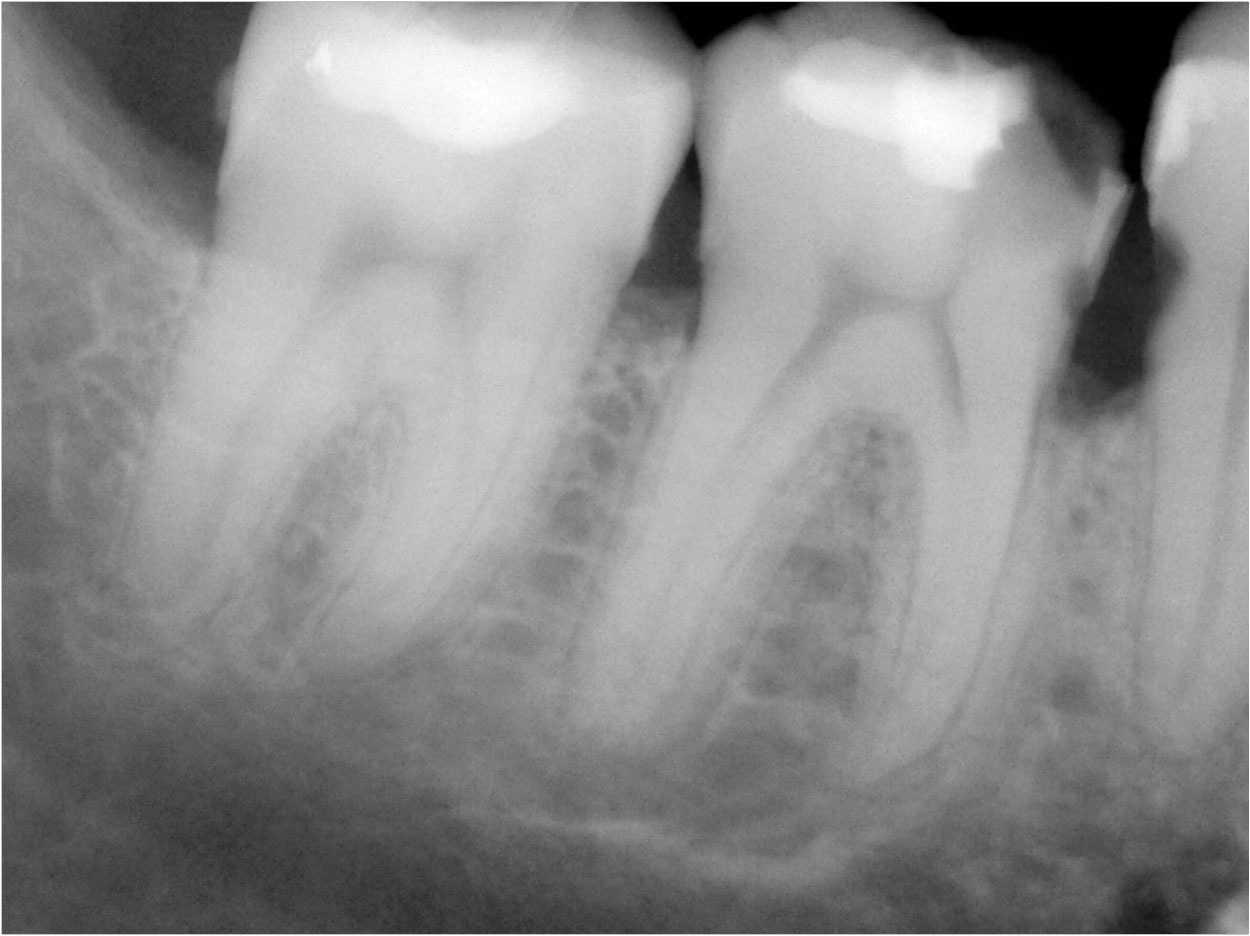
A new chemical solution jointly developed by the University of Adelaide Dental School and Australian company Dentalife could radically reduce the chance of infection associated with root canal work.
More than 22 million root canals are performed each year in the United States, the university reports. The management of root canal bacteria helps to prevent complications such as oral and facial infections, which could have a profound effect on the quality of life of patients.
“The Dental School has a long-term relationship with Dentalife. The company supplied chemicals that were used to carry out trials into the effectiveness of different dosing levels,” said associate professor Giampiero Rossi-Fedele, DDS, MClinDent, PhD, head of endodontics at the university.
The use of effective disinfectants during root canal work is essential in reducing the chances of infections after treatment, the university said, noting that significant developments in endodontics over the past 10 years have had a direct impact on improving treatment.
“During our research into chemical disinfectants, we tested different doses and mixtures and assessed the effectiveness of each. It became apparent that a new formulation of the chemicals was far more effective in controlling complications than currently available products,” said Rossi-Fedele.
Dentalife managing director Andrew Stray immediately recognized the commercial potential of the new chemical formulation, given its promising preliminary results.
“In partnership with Adelaide Dental School, we are excited to bring a new and highly effective product to market following trials and after applying for a patent,” said Stray.
“This product will plausibly improve the outcomes for people who have root canal treatment. It will aim to increase the overall success rate, improve patients’ quality of life, and reduce the cost to patients, as it will reduce the likelihood of additional treatments,” Stray said.
The development of the product is an example of how collaboration between the Adelaide Dental School and commercial partners such as Dentalife can have a direct impact on people’s lives, the university said.
“The product was identified as being effective in tackling dental treatment problems and is expected to be brought to the market in the next 18 months, once the validation trials are complete,” said Kristen Bernhardt, commercial manager at the university.
Related Articles
Student Develops One-Shot Root Canal Alternative
Device Detects Untreated Bacteria in Root Canal Space
Root Canals Aren’t What They Used to Be












